Deportation Concerns Loom Over U.S. Labor Market Amid Worker Shortages
November 21, 2024 at 3:00 PM
2 minutes read

The U.S. labor market faces heightened concerns as fears of increased deportations under stricter immigration policies grow. Industries already grappling with severe worker shortages, such as agriculture, construction, and hospitality, could be further strained if undocumented workers are removed from the workforce.
Labor Market Challenges
The U.S. economy has been dealing with a persistent worker shortage, particularly in sectors reliant on low-wage labor. Employers in agriculture, for instance, depend heavily on undocumented workers to meet production demands. Similarly, construction and hospitality have long faced difficulties filling positions despite wage increases and recruitment drives.
Experts warn that deportations could exacerbate these challenges, slowing economic growth and disrupting supply chains. According to economist Alicia Brown, "Undocumented workers play a crucial role in the U.S. economy, and removing them could create ripple effects across multiple industries."
Fear Among Workers
Undocumented workers are reportedly experiencing increased anxiety about their job security and legal status. Many fear workplace raids, stricter enforcement, and deportations, leading some to avoid certain jobs or leave the workforce altogether.
Maria Hernandez, a farmworker in California, expressed her concerns: "We come here to work hard and support our families. Now, we live in constant fear that everything we’ve built could be taken away."
Impact on Employers
Employers are feeling the strain as labor shortages worsen. Some have called for comprehensive immigration reform to ensure a steady workforce while addressing border security concerns.
A construction company owner in Texas noted, "We’ve tried hiring locally, but the pool of qualified workers is just not there. Without immigrant labor, our projects would face significant delays."
Many business leaders are urging policymakers to find a balanced approach that prioritizes both economic stability and humane immigration practices.
Political Debate
The issue has reignited debate in Washington, with lawmakers divided along partisan lines. Conservatives emphasize the importance of enforcing immigration laws and securing borders, while progressives advocate for pathways to citizenship and worker protections.
President Biden’s administration has faced criticism from both sides. Some accuse the administration of being too lenient on immigration enforcement, while others argue that increased deportations contradict campaign promises of a more compassionate approach.
Economic Implications
Analysts predict that widespread deportations could shrink the labor force, increase production costs, and drive up prices for consumers. In agriculture, for example, a reduced workforce could lead to higher food prices due to decreased supply.
“The ripple effect would be felt by everyone,” said economic policy expert James Lee. “From small businesses to major corporations, labor shortages impact productivity and profitability.”
Looking Ahead
As deportation fears grow, the U.S. faces a critical juncture in balancing immigration policy with labor market demands. Comprehensive reform may be the only viable solution to address worker shortages while ensuring humane treatment of undocumented immigrants.
Up next
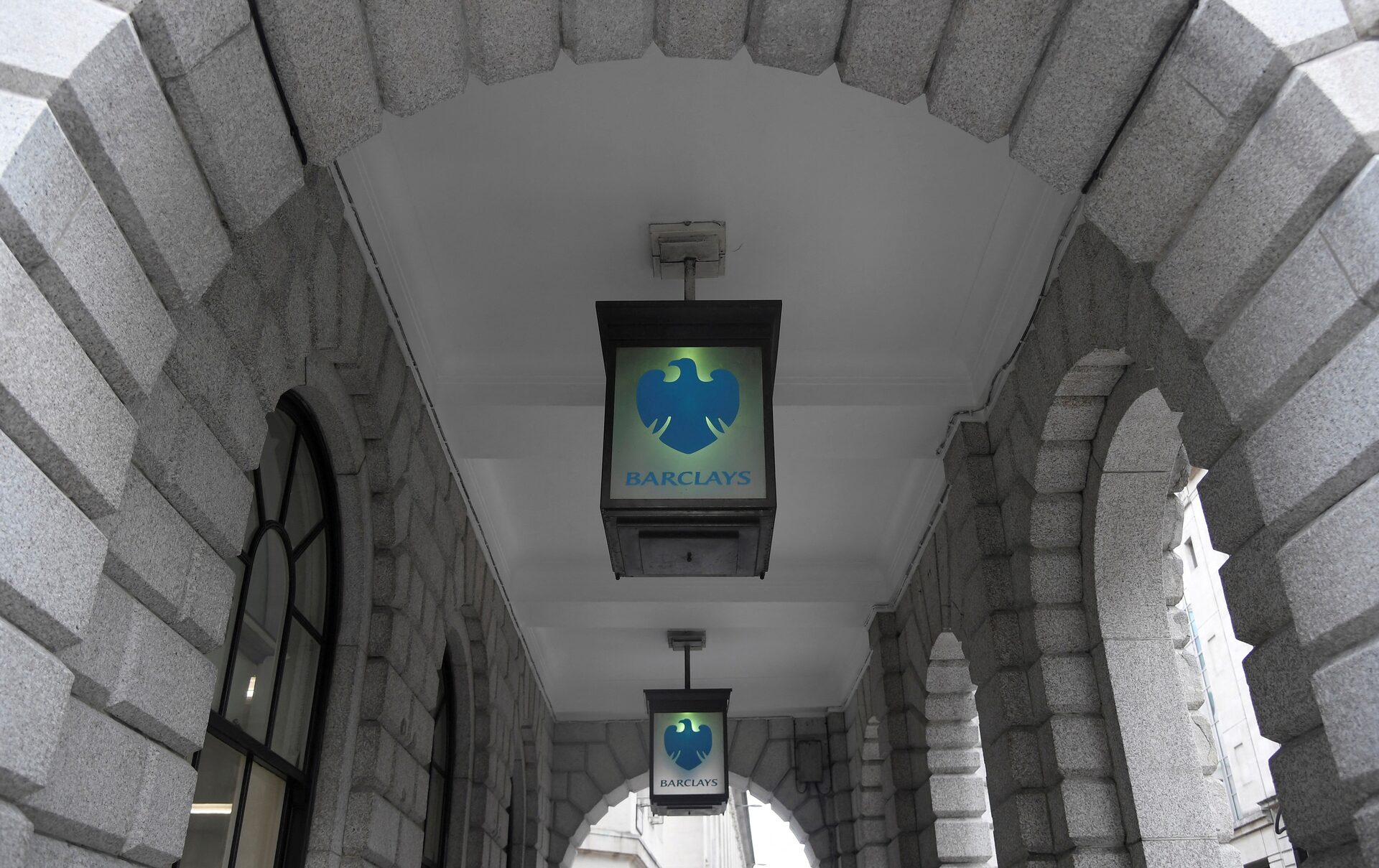
Barclays Reshuffles APAC Investment Banking Leadership to Boost Regional Presence
July 3, 2025
3 minutes read




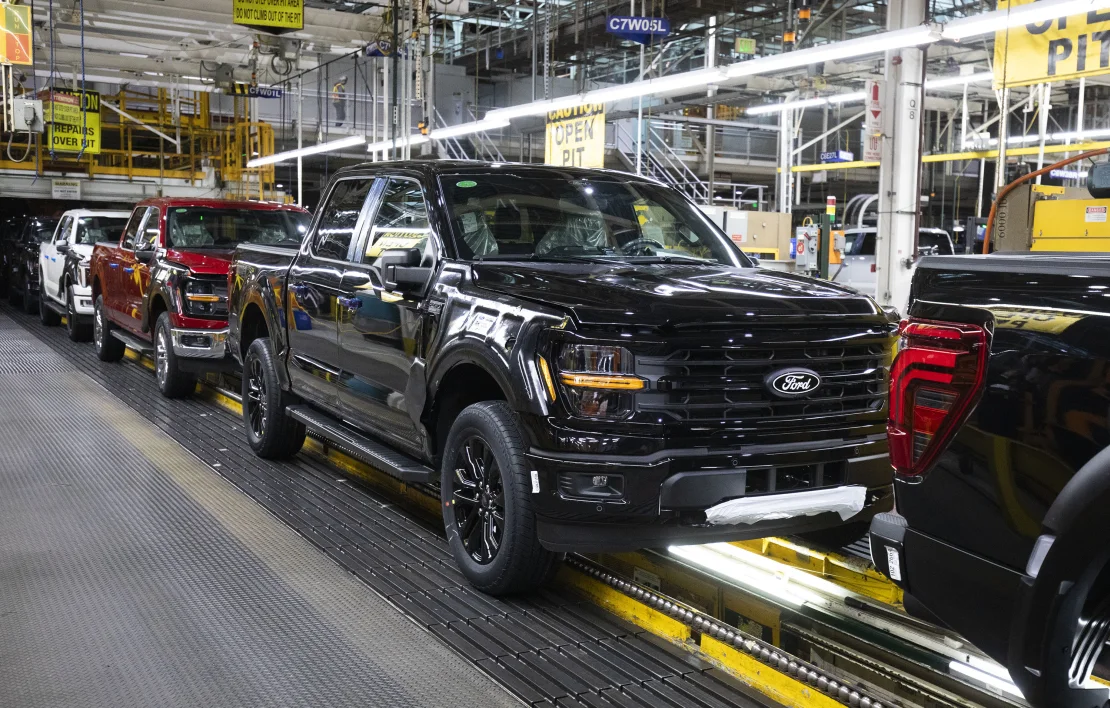

Elon Musk Faces Backlash Over Comments Targeting Government Employees
November 27, 2024
2 minutes read


Major Cybersecurity Concerns Highlighted in Andrew Tate Hack and Undersea Cable Incident
November 25, 2024
2 minutes read
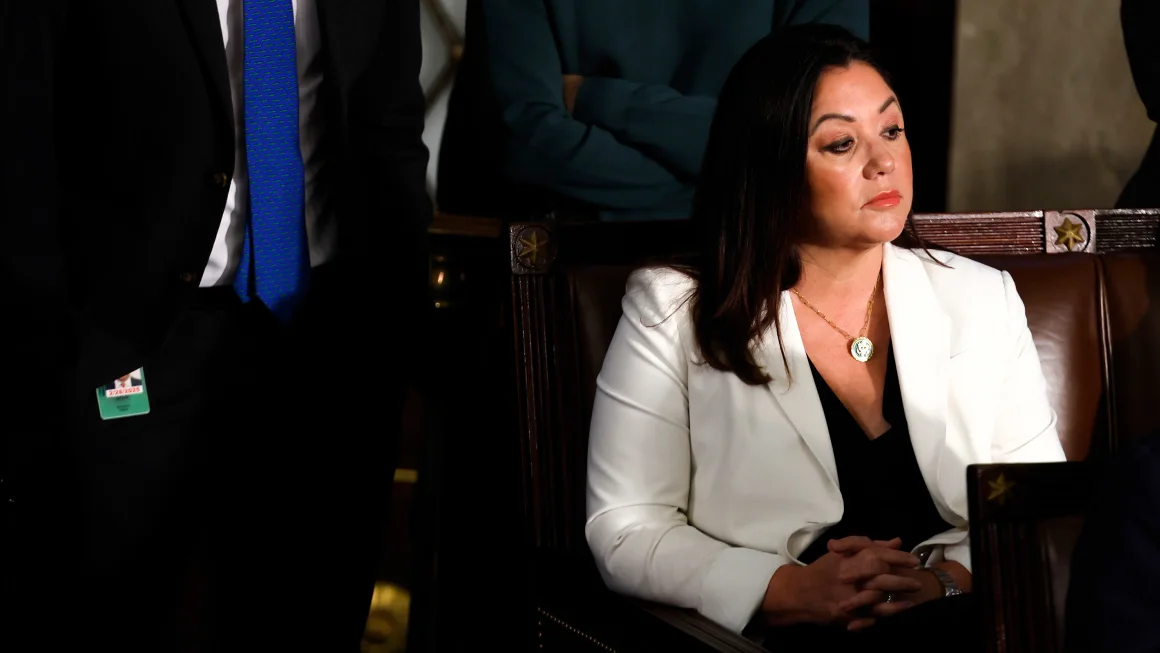
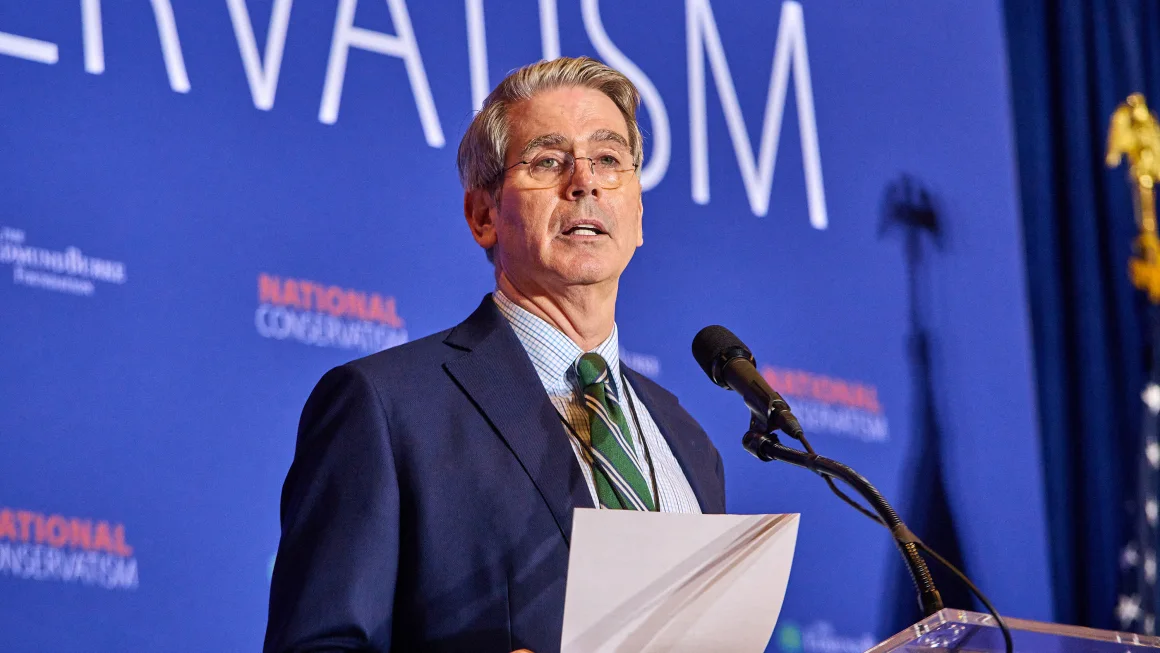

DirecTV and Dish Network Merger Cancelled Amid Regulatory and Financial Challenges
November 22, 2024
2 minutes read
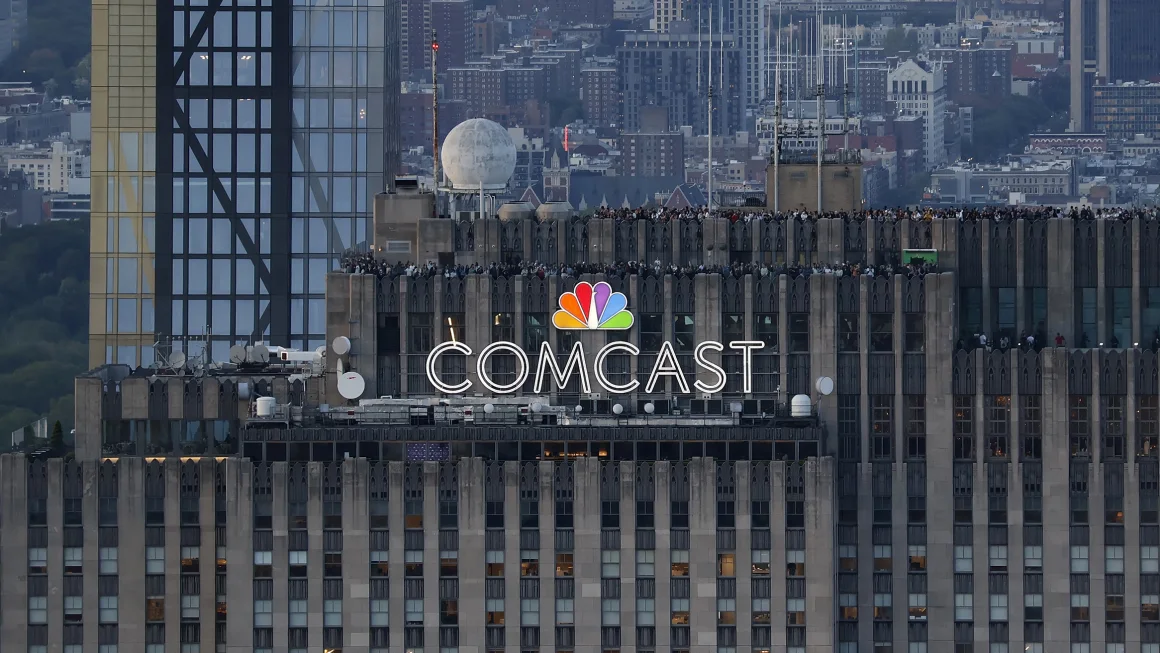
Comcast Explores Spinoff of NBCUniversal's Cable Division Amid Industry Changes
November 20, 2024
2 minutes read

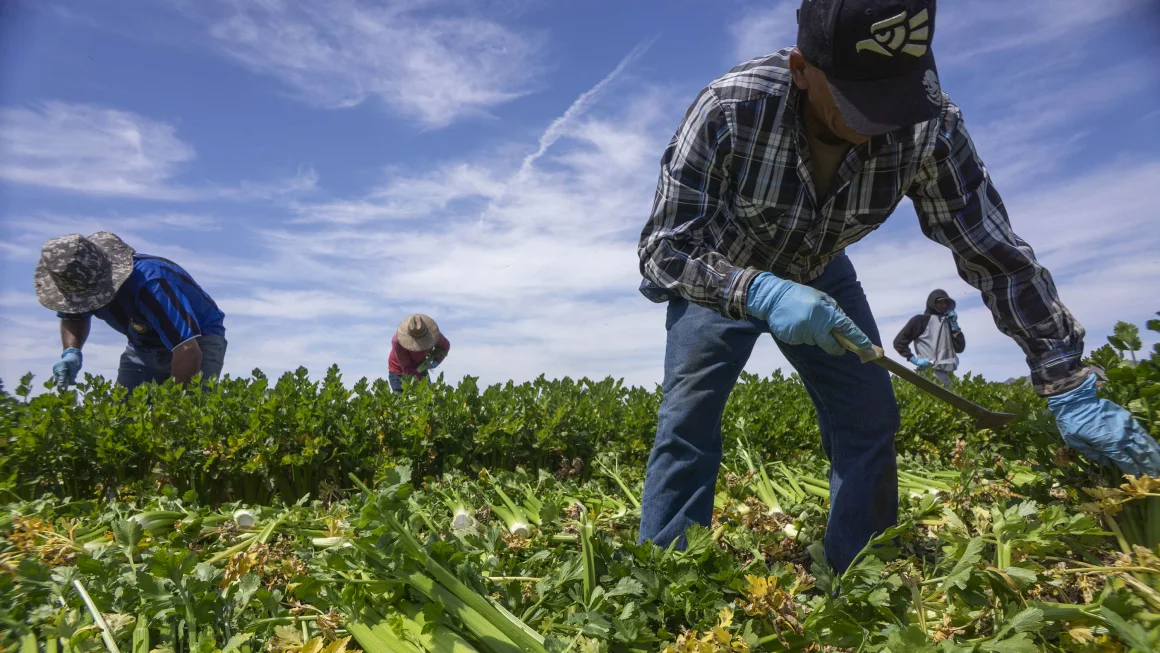
Economic Concerns Arise Over Trump’s Deportation Plan Amid Grocery Price Inflation
November 19, 2024
2 minutes read

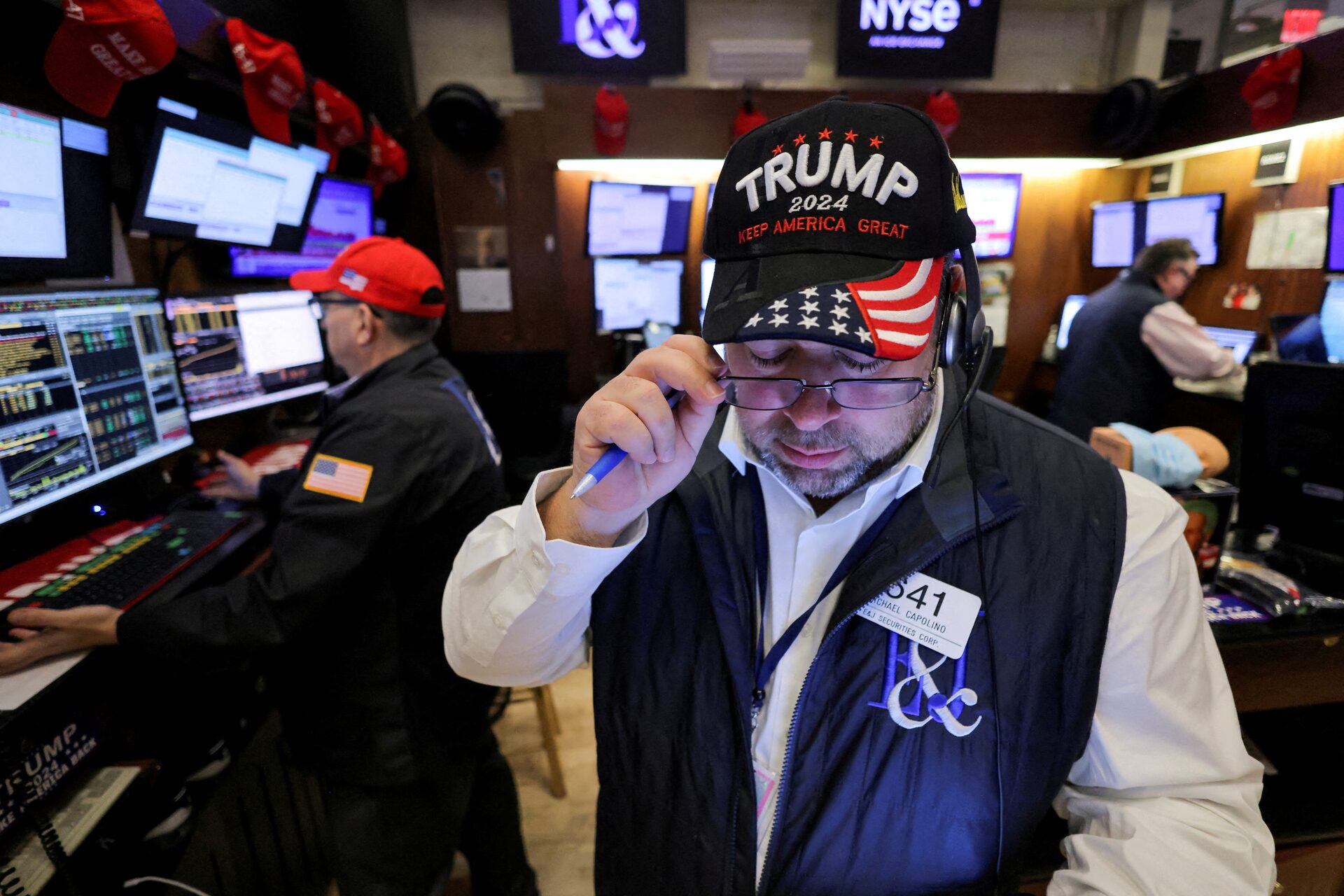

China Challenges Western Duopoly in Civil Aviation with C919 Aircraft Launch
November 17, 2024
2 minutes read

Disney’s Earnings Offer Hope for Streaming Amid Decline of Traditional TV
November 15, 2024
2 minutes read

Bluesky's User Base Doubles as Users Flee X Amid Trump Influence and Content Shifts
November 14, 2024
2 minutes read


Ringgit Opens Slightly Higher Against US Dollar Ahead of Key Inflation Data
November 13, 2024
2 minutes read

7-Eleven Owner Considers Historic $58 Billion Buyout to Go Private in Japan
November 13, 2024
2 minutes read


U.S. Regulators Investigate Engine Failures in 1.4 Million Honda Vehicles
November 12, 2024
1 minutes read

Woman Discovers Forgotten Lottery Ticket in Her Purse, Wins $1 Million
November 11, 2024
2 minutes read

How ReelShort CEO Joey Jia Used a Chinese Trend to Disrupt the U.S. Entertainment Industry
November 11, 2024
8 minutes read